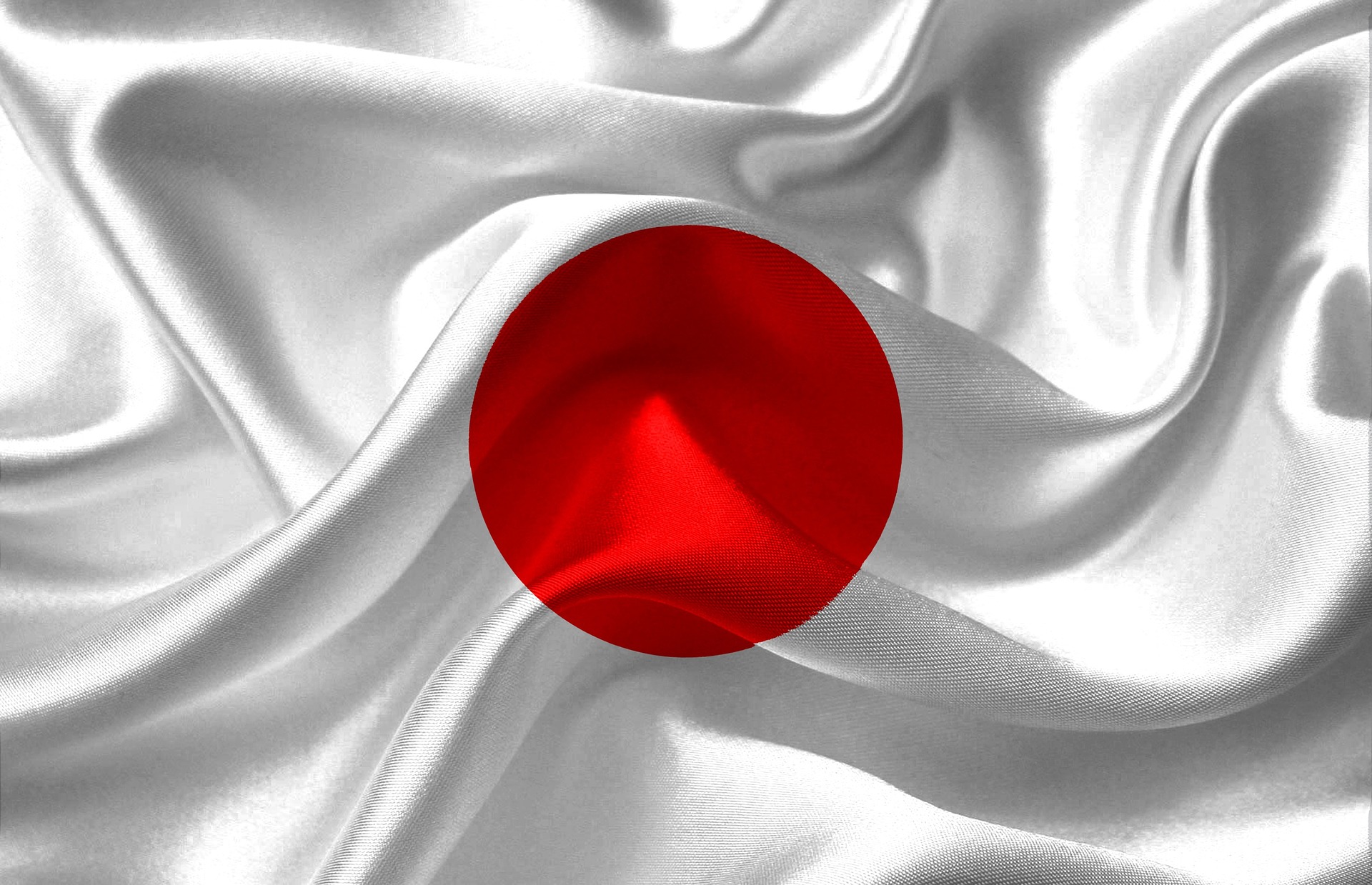
403
Sorry!!
Error! We're sorry, but the page you were looking for doesn't exist.
Japan intends on recollecting oil, gas interests from Russia
(MENAFN) In a notable declaration, Japan has announced its intention to uphold its involvement in Russian energy ventures located on Sakhalin Island, emphasizing their crucial role in Tokyo's energy security strategy. Despite aligning with the Group of Seven (G7) nations in advocating for stringent sanctions against Russia, Japan has underscored its commitment to retain interests in the Sakhalin-1 offshore oil and gas project and the Sakhalin-2 liquefied natural gas (LNG) venture.
The announcement was made as part of Japan's annual Diplomatic Bluebook, a comprehensive review of the nation's foreign affairs policies. Highlighting the importance of maintaining stable energy supplies in the medium and long term, Japan emphasized the strategic significance of its involvement in these energy projects, particularly in the context of energy security.
Sakhalin-1, a consortium focused on offshore oil and gas production, and Sakhalin-2, one of the world's largest LNG projects supplying approximately 4 percent of the global market, serve as critical components of Japan's energy diversification strategy. Despite facing disruptions in 2022 following the departure of Western energy giants such as ExxonMobil and Shell amid Western sanctions against Russia, Japan remains steadfast in its commitment to these ventures.
Japan's Sakhalin Oil and Gas Development Co (SODECO) holds a significant 30 percent stake in Sakhalin-1. Even amidst changing dynamics, including the transition to a new domestic operator for Sakhalin-1 following ExxonMobil's exit, the Russian government has allowed SODECO to retain its stake, reaffirming Japan's continued presence in the project.
While Japan seeks to reduce its dependence on Russian energy resources by gradually phasing out oil and coal imports, its decision to maintain investments in Sakhalin's energy projects underscores the complex interplay between energy security imperatives and geopolitical considerations. This strategic stance reflects Japan's pragmatic approach to safeguarding its energy interests while navigating the evolving global landscape of sanctions and geopolitical tensions.
The announcement was made as part of Japan's annual Diplomatic Bluebook, a comprehensive review of the nation's foreign affairs policies. Highlighting the importance of maintaining stable energy supplies in the medium and long term, Japan emphasized the strategic significance of its involvement in these energy projects, particularly in the context of energy security.
Sakhalin-1, a consortium focused on offshore oil and gas production, and Sakhalin-2, one of the world's largest LNG projects supplying approximately 4 percent of the global market, serve as critical components of Japan's energy diversification strategy. Despite facing disruptions in 2022 following the departure of Western energy giants such as ExxonMobil and Shell amid Western sanctions against Russia, Japan remains steadfast in its commitment to these ventures.
Japan's Sakhalin Oil and Gas Development Co (SODECO) holds a significant 30 percent stake in Sakhalin-1. Even amidst changing dynamics, including the transition to a new domestic operator for Sakhalin-1 following ExxonMobil's exit, the Russian government has allowed SODECO to retain its stake, reaffirming Japan's continued presence in the project.
While Japan seeks to reduce its dependence on Russian energy resources by gradually phasing out oil and coal imports, its decision to maintain investments in Sakhalin's energy projects underscores the complex interplay between energy security imperatives and geopolitical considerations. This strategic stance reflects Japan's pragmatic approach to safeguarding its energy interests while navigating the evolving global landscape of sanctions and geopolitical tensions.

Legal Disclaimer:
MENAFN provides the
information “as is” without warranty of any kind. We do not accept
any responsibility or liability for the accuracy, content, images,
videos, licenses, completeness, legality, or reliability of the information
contained in this article. If you have any complaints or copyright
issues related to this article, kindly contact the provider above.


















Comments
No comment